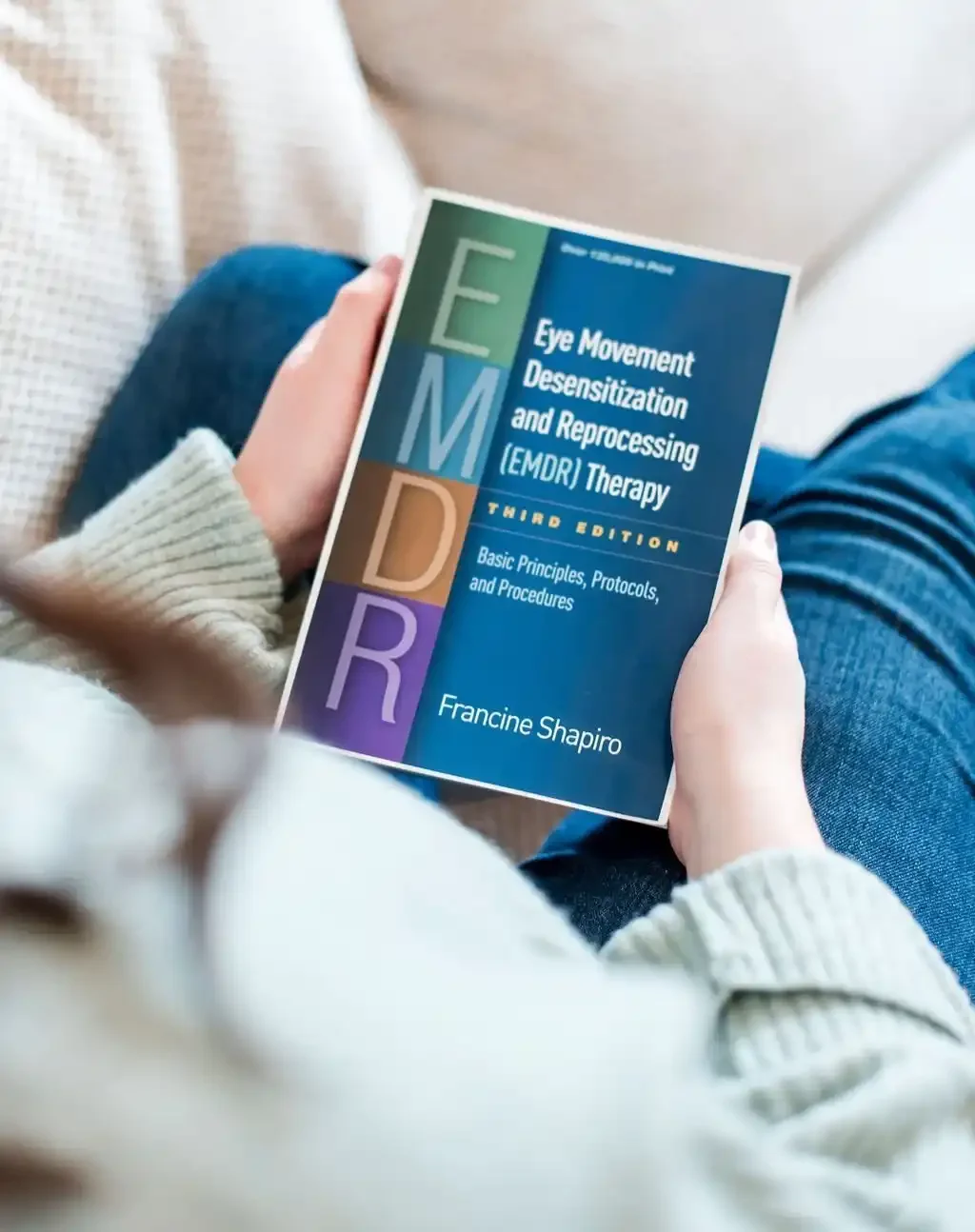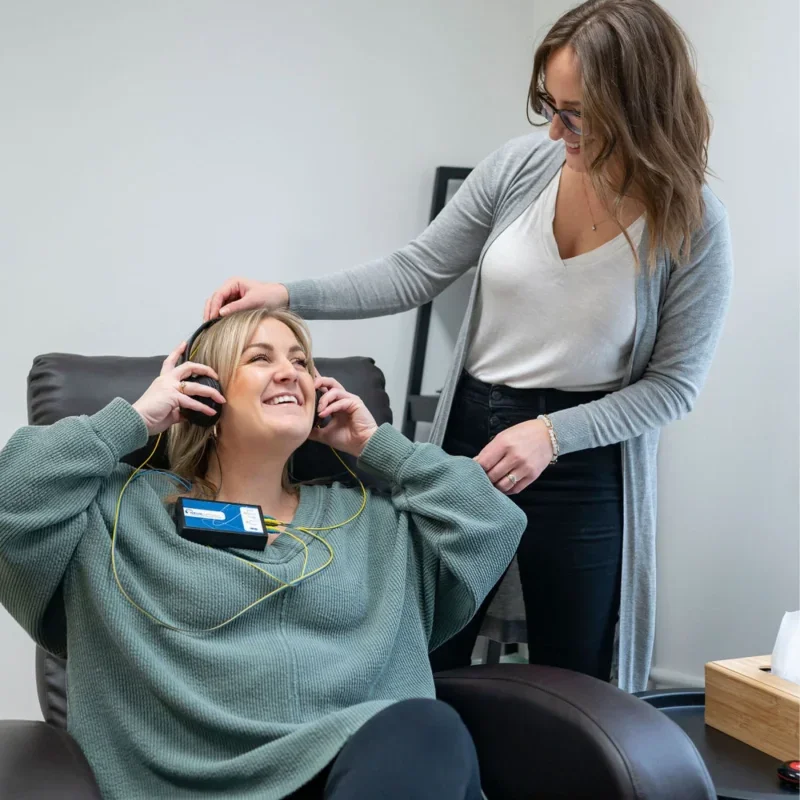
Trauma Therapy in Sarnia, ON
Trauma therapy for all ages!
We provide compassionate, professional support to help you heal, grow, and reclaim your life. Our experienced counsellors are here to guide you through your journey to recovery with empathy and understanding.
What is “Trauma” Or a “Traumatic Experience”?
A traumatic experience is an event or situation that is perceived as threatening to an individual's physical or psychological well-being. Traumatic experiences can be caused by a wide range of events, including accidents, natural disasters, violence, abuse, medical emergencies, and other life-altering events.
Traumatic experiences can have a profound and lasting impact on your mental and emotional health, often resulting in symptoms such as anxiety, depression, post-traumatic stress disorder (PTSD), and other psychological and physical symptoms. These symptoms may persist long after the traumatic event has occurred and can significantly impact your quality of life.
It's important to note that trauma is a subjective experience, and what may be traumatic for one person may not be traumatic for another. Additionally, trauma can be experienced at any age and can have a cumulative effect over time, meaning that multiple traumatic experiences can have a compounding effect on a person's mental health.

How Can Trauma Therapy Help?
Experiencing trauma can profoundly impact your well-being, but trauma therapy offers a path to healing. It helps you understand trauma and its effects, creates a safe space for sharing experiences, and uses techniques like CBT, EMDR, and Somatic Experiencing to process memories. Therapy provides coping strategies, fosters resilience, and supports long-term recovery by helping you regain control, improve relationships, and develop self-compassion. Personalized to your needs, trauma therapy is a compassionate and effective way to reclaim your life and move towards a brighter future.
Reach out to a qualified trauma therapist today to start your healing journey.
Trauma Therapy Approaches
There are a variety of therapeutic approaches that can be effective for treating trauma and PTSD:
Eye Movement Desensitization and Reprocessing (EMDR)
EMDR is a type of therapy that involves using rapid eye movements or other forms of bilateral stimulation to help individuals process traumatic memories and emotions. It can be effective for treating PTSD and other trauma responses by reducing the intensity and frequency of flashbacks, nightmares, and other symptoms.
Neurofeedback
Neurofeedback can help trauma by training the brain to regulate itself more effectively. It monitors brainwave activity in real-time and provides feedback to encourage healthier brain patterns. This process can reduce symptoms of trauma such as anxiety, hypervigilance, and emotional dysregulation, promoting better overall mental stability and resilience. By improving brain function, neurofeedback helps individuals process traumatic experiences and enhances their ability to cope with stress and triggers.
Cognitive-Behavioral Therapy (CBT)
CBT is a type of therapy that focuses on identifying and changing negative patterns of thinking and behavior. It can be effective for treating PTSD and other trauma responses by helping individuals to understand and reframe their thoughts and beliefs related to the traumatic experience.
Mindfulness-Based Stress Reduction (MBSR)
MBSR is a type of therapy that involves using mindfulness techniques, such as meditation and breathing exercises, to help individuals manage stress and anxiety. It can be effective for treating PTSD and other trauma responses by helping individuals become more aware of their thoughts and feelings and learn to manage them in a healthier way.
Somatic Experiencing
Somatic Experiencing is a body-oriented therapy that helps individuals to release trauma-related tension and sensations that have become trapped in the body. It can be effective for treating PTSD and other trauma responses by helping individuals to process and release traumatic experiences in a safe and supportive environment.
At Great Lake Wellness Collective, we’ll work with you to develop the best trauma therapy plan for you and your experiences. No two mental health journeys are the same and it’s important to honour where you’re at and build the right path forward for you.

HOW TO GET STARTED
Getting started is simple! Schedule your brief telephone intake call to take the first step
If you don’t see a time that works for you, use the chat box in the bottom right to coordinate an intake call!
DID YOU KNOW




